Meet Dara – A Young Engineer and Programmer in Training.
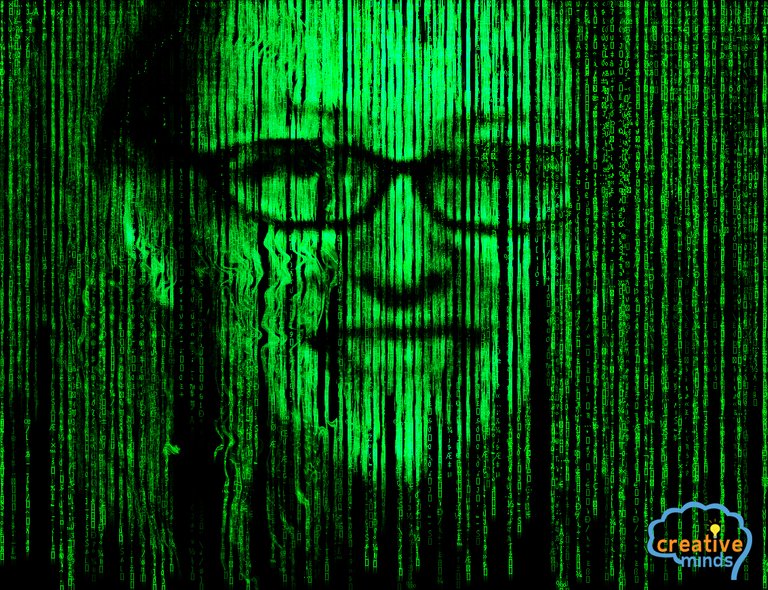
Dara is 'The One' who writes on Thallia's Tree.
Our last interview with Dara covered her love for the art of theater and improv. While we showcased her extraordinary talent in that field, we also discovered she is talented in the left-brain world of innovative technology.
We recently discovered that Dara had come out with a blog called Thallia’s Tree, where she writes about her engineering and programming projects, as well as her theater and improv experiences. On her blog, she is known by the name Thallia, originated from element 81 on the periodic table.
As Dara has begun her senior year of high school, she has already chosen a path to get a degree in Electrical Engineering. One main reason we wanted to cover her engineering and programming talents for Creative Minds United is because she wrote something very intriguing on the Who is this Person page of her blog:
“[…] I have been researching ways to learn, venturing into the artistic world of programming, computer engineering, and electrical engineering with the help of my trusty mentor.”
Our first thought was, “How can the left-brain world of programming be artistic? It’s all numbers and gobbledygook code, right?” Find out in part two of this new Creative Minds United interview.
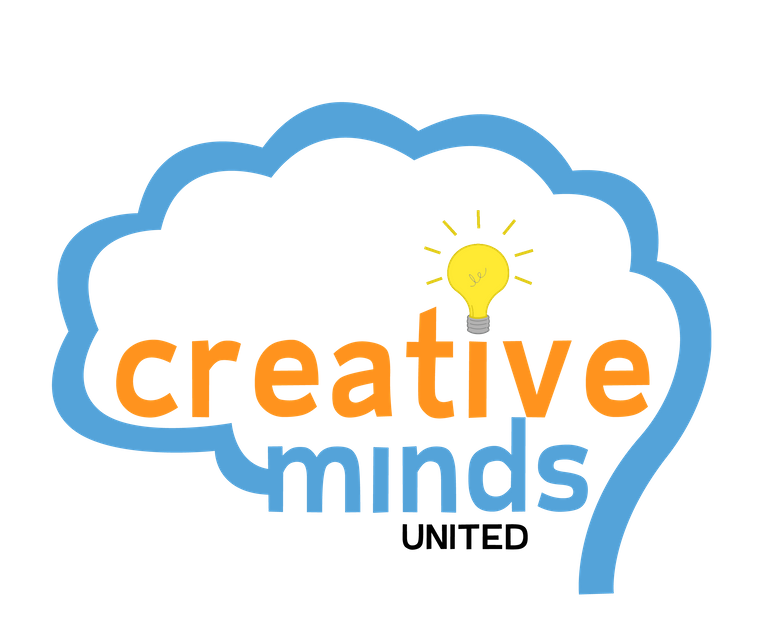
The Saturn Creative Team: How did you discover that you were interested in programming and engineering?
Dara: I always told myself I wasn’t smart enough to have a job like an engineer. An engineer’s work consisted of confusing symbols and hard math, and that didn’t seem fun to me at all. When I took a chemistry class this past year, I fell in love with the mathematics of stoichiometry and conversions and calculations. I took some of the equations the textbook was teaching and put them together, manipulated them into how I wanted to solve the problem, rather than how the book was attempting to get us to solve the problems. When I showed it to my teacher and asked if I was doing the math correctly, she affirmed my work and suggested that I look into a chemical engineering degree.
That afternoon after class I went on some college websites and researched about what engineering degrees were really about, and the ideas clicked with my brain. I contacted one of my friends about it (he’s now my mentor), and he gave me some resources to look into. After that, I was completely hooked. As for the math part, I realized I would have to learn it if I wanted to accomplish some of the things I do, and math has become more fun for me now that I realize what can be done with it. :)
S.C.T: What do you find fascinating about the world of programming and engineering?
Dara: I find the discovery to be fascinating. The discovery of new technology, new ideas, new information, and so on. There’s no one right way to do something, so you can get creative with how you build and put together parts into an amazing project or machine.
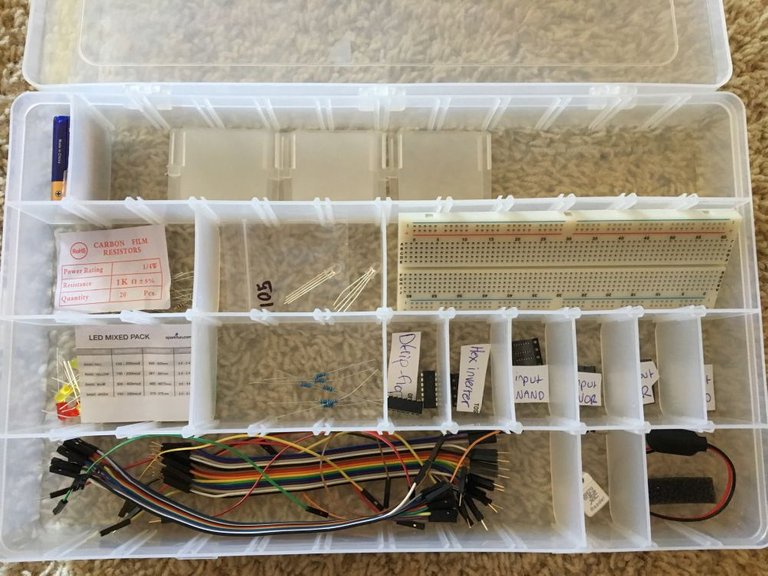
Electronic components Dara uses in her projects.
S.C.T: On the Who is this Person page of Thallia’s Tree, you mention that you are “venturing into the artistic world of programming, computer engineering, and electrical engineering”. How is this world artistic to you?
Dara: Ooh, good question. When you think of art, you think of right brained activities, like painting, drawing, pottery, photography, writing, etc, while the left brain is all logic and math and stuff. I think that logic and math and science are creative in and of themselves, their own kind of unique art. When you’re designing a machine, you’re thinking about how all of these interlocking pieces will fit together, affect each other, and work together, almost how you would think if you were writing a story. How do these characters affect one another? How will the story work as a whole?
These subjects are artistic to me also in the way of problem solving. I love being presented with a problem to figure out or fix. In programming, you’re communicating with a device that has limited capabilities, which presents a problem. When you step into the picture, this device can do amazing things, but first you have to solve the problem of how to make it do those things, and that can definitely be an art.
S.C.T: We noticed in your blog posts that you were using a device called a Raspberry Pi. Can you please explain what a Raspberry Pi is, and how you’re using it?
Dara: A Raspberry Pi is, put simply, a small computer. It’s about the size of a credit card, and its main purpose is to teach you to program. All you need to get started with it is a USB mouse, a plug-in or USB keyboard, and a monitor such as a TV or a screen with an HDMI port (so you can actually see what you’re doing).
On the Raspberry Pi there are little pins that look like toothpicks coming out of it, and those are called GPIO ports, where GPIO stands for General Purpose Input/Output. You can program electrical signals to come out onto these pins, and if you have wires hooked onto them, you can create a circuit that lights up some LEDs or sends input to another device.
I’m using that function of the Pi to create a circuit that will light up a series of LED lights depending on the waveform of music that’s playing. Once that’s fully working, that technology is going to be put inside of a fountain I’m building with my friend to light up the water!
Dara's Raspberry Pi in action as she begins her Laminar Fountain project.
S.C.T: Out of the three topics you discuss, which is your favorite: programming, computer engineering, or electrical engineering?
Dara: Hmm, this is a hard one, too. I think I enjoy computer engineering the most. I like it best because I started out with a book on microprocessors, and that’s the stuff that really clicked in my brain. Learning the low-level, metal workings and logic of how a computer functions is incredibly fascinating, not to mention learning the lowest level programming language (meaning the closest to what a computer speaks) to program the processor itself.
S.C.T: Where do you see your engineering and programming skills taking you in the future?
Dara: Well, there’s no saying where they’ll take me, but I hope I’ll end up somewhere making technology that will help people, whether it be medical machines that can find diseases, or research technology that can help the naturopathic studies, or something in that genre.
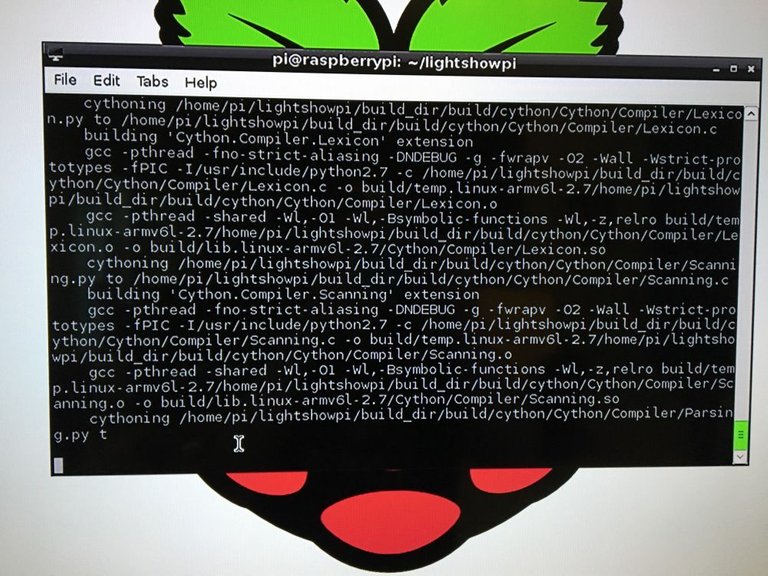
Dara's Raspberry Pi display.
S.C.T: Wow, this is a very interesting way to use your talents. What (or who) inspired you to apply your talents to this field?
Dara: My mom. She has a combination of diseases that have triggered her body to be increasingly sick over the years, and the doctors did nothing. We eventually started going to a naturopath doctor, and she has transformed my mom’s life. My mom is now capable of getting up and doing things and running an essential oil business, and it wouldn’t have happened without the knowledge of natural healing and medicine. Over the course of my mom’s journey, I’ve learned bits and pieces about the human body and how it works, and as my mom has started this business in essential oils I’ve learned more and more. I’m extremely passionate about the subject, and I hope to use my talents to keep this area of medicine growing, because it changes people’s lives.
S.C.T: When the time comes, how do you plan to use your talents in engineering to help the naturopathic industry?
Dara: I hope to create more effective instruments that will aid in the research of natural medicine to help prove that it works. Safer equipment that doesn’t send out tons of radiation but still allows us to look inside the body...tools that could be available for the public to buy to help them determine the health state that they’re in and help guide them to resources where they can learn to heal themselves. I’m not entirely sure what the latter portion of that will look like, but that’s my general idea and goal. :)
Gobbledygook code ;-)
S.C.T: Can you recommend some online resources you have used to learn about programming and engineering?
Dara: Definitely! A good resource for anything math, science, and electrical engineering is Khan Academy.
For programming, there’s Codecademy, and Tutorials Point. If you want to learn programming, a fun way to do so is figure out something that you want to do, or a small thing you want to make, and find out what language you need to learn to do it. That’ll give you drive, and something to show off at the end of your efforts.
For computer engineering, this is a good reference: Computer Science from the Bottom Up, and this book: Digital Electronics Demystified, which has some good electrical engineering things in it as well. If you can find a good microprocessors book, that would be good to read after the digital electronics book.
For Electrical engineering in particular, the EE section in Khan Academy is a good start, but I would recommend a basic electronics theory book. That’ll give you a good foundation of vocabulary and skills to follow before you start making any projects.
S.C.T: What advice would you give someone who is interested in the world of engineering and programming?
Dara: Hmm. I would tell them to dive in head first. Don’t get overwhelmed by the amount of things there is to learn, but take it one step at a time and enjoy all of the new things you can discover. Work on projects that take you a long time, those will help your perseverance and help you understand how different tech and programs interact, and give you good experience. If you don’t know something, don’t assume how it works or why you think it isn’t working, google it. Ask someone for help. That can be invaluable advice or insight.
S.C.T: Now to some more personal questions! We know you have been homeschooling for about six years; what are your favorite aspects about being homeschooled?
Dara: My favorite aspect of being homeschooled would have to be the flexibility and low-stress. With the flexibility, I’ve been able to have the time to experiment with all my interests and develop them to the point that I know what I want to do when I go to college. I enjoy the fact that I’m home and can spend time with my family, and that I’m not bombarded with homework all the time.
S.C.T: What has been your greatest success in life so far?
Dara: Man, I don’t know. I wouldn’t exactly call it a success, I would call it more of an accomplishment. I crocheted the periodic table for my science teacher this past year.
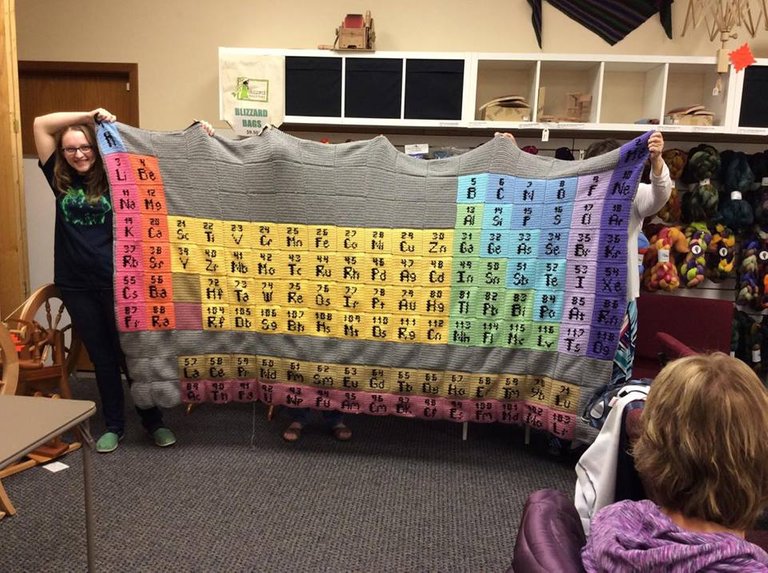
Dara made this crochet periodic table for her teacher. It took her two years to make!
S.C.T: What do you enjoy doing in your free time?
Dara: When I’m not programming, engineering, or reading about either of the two, I’m usually writing my novel, drawing, playing the piano or mandolin, or swing dancing and/or contra folk dancing.
S.C.T: If you could go anywhere in the world right now, where would it be and why?
Dara: Ireland! It’s always been my dream to go to Ireland and be immersed in their culture. I’d totally bring my mandolin and listen to the musicians in the Irish pubs.
Thank you, Dara, for showing us the creative world of engineering and programming. It was great to learn that both sides of the brain can bring creative innovation into the world.
Follow Dara's education journey through Thallia's Tree, YouTube, and GitHub.
We are currently looking for young creative personalities to interview for future Creative Minds United posts. We would love it if we found someone here on Steemit! If you (or someone you know) would like to be showcased on one of our upcoming Creative Minds United interviews, comment below and we'll provide more details. You can also find out more about our Creative Minds United project, here.
If you enjoyed reading about Dara, please share this post to spread the word.
Cheers!

For those who are interested in supporting our homeschool education, consider buying one of our music pieces, here, or one of our children's books, here.
Related Posts
Meet Dara - a young, fun, and very talented Creative Mind - Part One
Meet Adam Kulju - Homeschool Composer & Musician
Meet Mary K. Smith - Young Music Talent
Meet Asher Milman - Talented Young Violinist
By: The Saturn Creative Team, @saturnme
References:
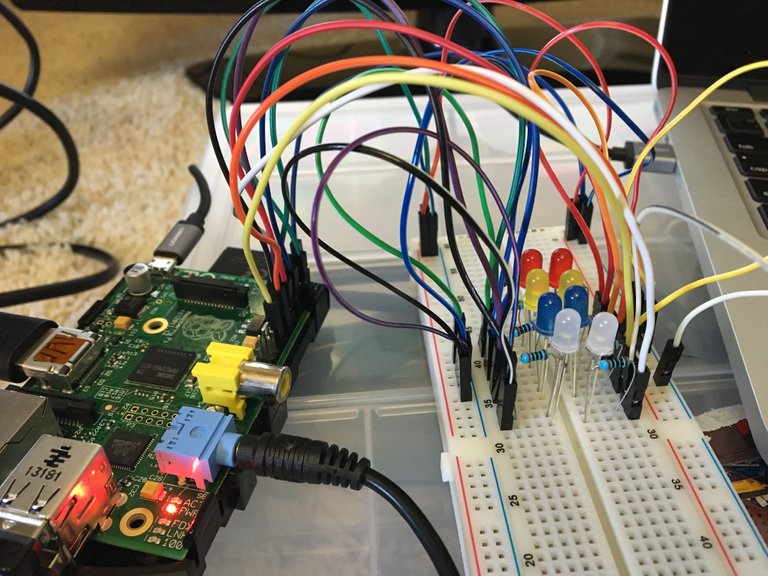
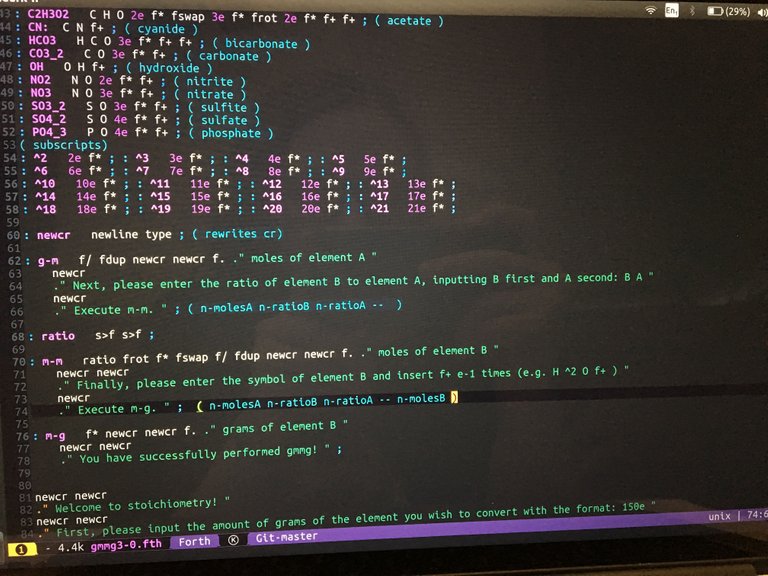
Awesome post, I really enjoyed it. I hope you appreciate the vote!
Thank you, @completelyanon! :-)
Dear @saturnme i want some help!!!
Super story..! i like
Thank you, @nomanijaz! Dara is very talented and we're glad we had the chance to blog about her talents. :-)
follow back my frind
Congratulations @saturnme! You have received a personal award!
Click on the badge to view your own Board of Honor on SteemitBoard.
For more information about this award, click here